FOR nearly three decades, Azerbaijan sought to settle the Armenia-Azerbaijan conflict through negotiations with Armenia, which had occupied 20 percent of Azerbaijani territory. However, these discussions produced no tangible outcomes. Instead, it became evident that Armenia was merely using the talks to buy time, strengthen the status quo, and make it permanent.
Azerbaijan could neither accept nor tolerate this occupation. When diplomatic efforts proved futile and Armenia resorted to new provocations and renewed military aggression, Azerbaijan was left with no choice but to defend its sovereignty.
In response, the Azerbaijani Army launched a counteroffensive on September 27, 2020. The operation aimed to end the occupation of Azerbaijani territories, enforce UN Security Council resolutions, enable the return of internally displaced persons to their homes, and restore justice. The Azerbaijani people stood united in support of this national cause.
The outcome was historic: in just forty-four days, the Azerbaijani Armed Forces liberated five cities, four settlements, and 286 villages, including Jabrayil city and 90 villages of the district, Fuzuli city and 53 villages of the district, Zangilan city, along with the Minjivan, Aghband, and Bartaz settlements and 52 villages of the district; Hadrut settlement and 35 villages of the Khojavand district; 3 villages of the Tartar district; Gubadli city and 41 villages of the district; 9 villages of the Khojaly district; as well as Shusha city and several strategic heights in the directions of Aghdara, Murovdagh, and Zangilan.
Also Read: Palestine Solidarity Month: A Collective Movement for Al-Aqsa and Palestine’s Freedom
The war culminated in the recapture of Shusha on November 8, a decisive moment that directly led to Armenia’s capitulation. The trilateral statement of November 10, 2020, signed by the leaders of Azerbaijan, Armenia, and Russia, ended the fighting and restored Azerbaijan’s territorial integrity after nearly three decades of occupation.
Azerbaijan’s victory, achieved through national unity, determination, and military strength, became a defining chapter in the country’s modern history. The liberation of Shusha in particular symbolized the unbreakable spirit and resilience of the Azerbaijani people. Yet, this triumph also marked the beginning of a new era for the nation.
After this historic triumph, the end of the war marked the beginning of a new phase. In the years that followed, Azerbaijan launched extensive reconstruction and development projects across the liberated territories, rebuilding cities, infrastructure, and cultural sites devastated by years of occupation. Parallel to this, Baku pursued active diplomacy to secure lasting peace and regional security.
These efforts reached a milestone on August 8, 2025, when Azerbaijan and Armenia signed a comprehensive peace agreement in New York under the auspices of the United States. The historic accord marked a turning point, paving the way for enhanced cooperation and enduring prosperity in the South Caucasus.[]
Also Read: Hassan al-Turabi: A Controversial Thinker from Sudan
Source: Azerbaijan Embassy in Jakarta
Mi’raj News Agency (MINA)
Also Read: Who Exactly is the RSF Group Shaking Sudan?










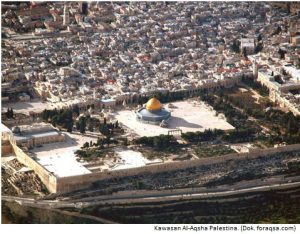
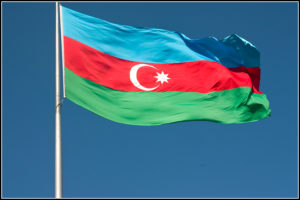
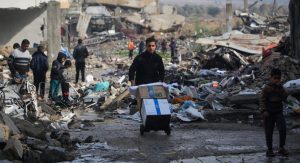


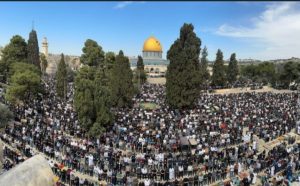

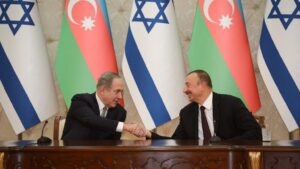
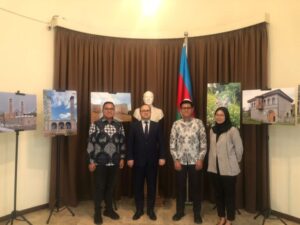
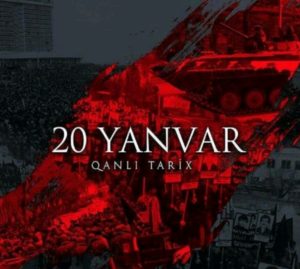
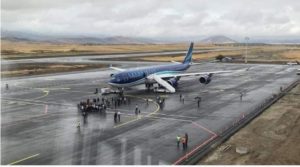










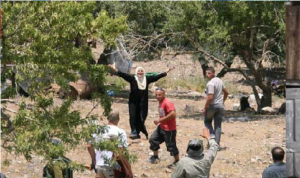



 Mina Indonesia
Mina Indonesia Mina Arabic
Mina Arabic